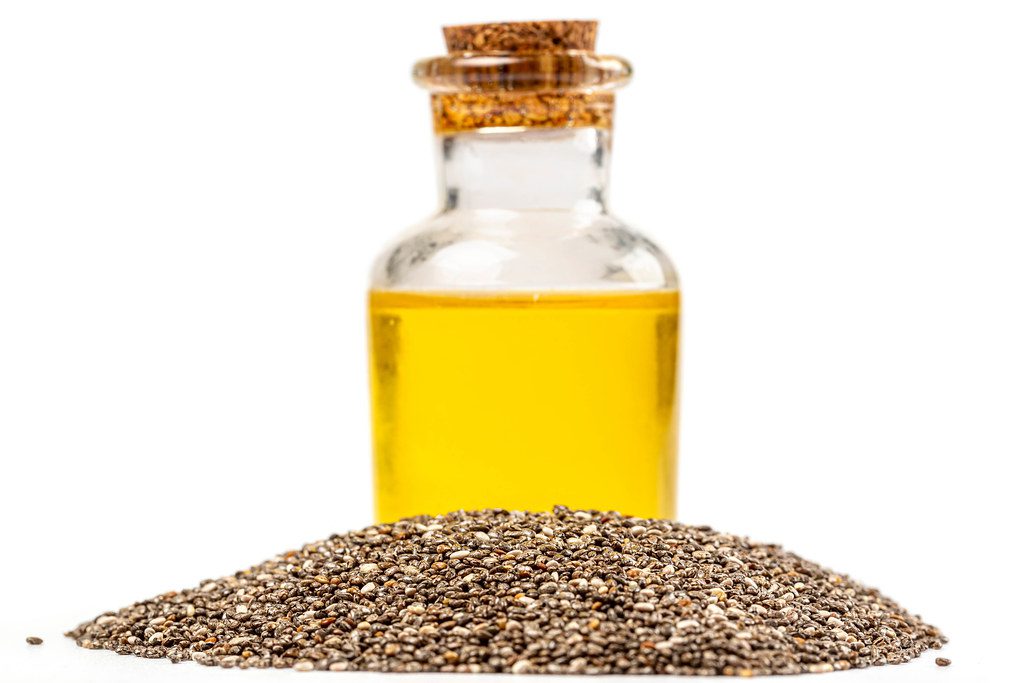
Firstly, introducing Auscrops, a wonderful market vending company bridging farmers and customers together through market vendors. Click here to find out more about Is Mustard Oil a Seed Oil as well fruit and vegetable offers.
Is Mustard Oil a Seed Oil
When it comes to cooking oil, there exists an overwhelming variety of options available on the shelves, each with its own set of properties and health benefits. Mustard oil is one such type that has gained popularity over the years. However, there has been some debate about whether it is a seed oil or not. In this blog, we will explore what seed oils are and how mustard oil fits into this category.
What are Seed Oils?
Seed oils are oils that are obtained from the seeds of various plants. These seeds, such as sunflower seeds, pumpkin seeds, or mustard seeds, are rich in oil, which is extracted using various methods, including cold-pressing or solvent extraction. Seed oils, like any other oil, are a source of fat and calories, and they differ in their chemical structure, composition, and nutritional properties.
Properties of Mustard Oil:
Mustard oil has been an important cooking and healing oil for centuries in India, Bangladesh, and other regions. It is derived from the mustard plant’s seeds and is highly pungent and piquant in taste. High in monounsaturated fatty acids (MUFA) and polyunsaturated fatty acids (PUFA) and low in saturated fat, making it a healthy option to choose. However, the high content of erucic acid in mustard oil is a concern for some. Erucic acid can have negative effects on cardiac health. As well recommended to limit the consumption of mustard oil or use it in a diluted form.
How does Mustard Oil Differ from Other Seed Oils?
Unlike other seed oils, mustard oil has a unique flavor and aroma, which comes from glucosinolate compounds and allyl isothiocyanate. In contrast, other seed oils, such as sunflower oil, have a neutral taste used in a broader range of dishes. Sunflower oil also does not have erucic acid, making it a safer option in terms of cardiac health. Another difference is in the smoke point—the temperature at which an oil starts to smoke and degrade. Mustard oil’s smoke point is lower than many seed oils, making it unsuitable for high-heat cooking, while sunflower oil’s high smoke point makes it a great choice for frying.
Uses of Mustard Oil:
Apart from cooking, mustard oil also used extensively in traditional medicine, particularly in Ayurveda. It has antifungal, antibacterial, and anti-inflammatory properties. As well used as a natural remedy for treating colds, coughs, and joint pains. Also used for hair and skin care in various cultures. Promoting strong hair growth and protecting the skin from sun damage and pollution.
Conclusion:
In summary, mustard oil, derived from mustard plant seeds, is a seed oil that contains MUFA and PUFA but also higher levels of erucic acid. It has a distinct taste and aroma that sets it apart from other seed oils . And from this makes it an ideal ingredient for certain dishes. However, low smoke point and erucic acid content need to consider when using it for cooking. The properties and differences of seed oils show that each type has its unique set of benefits and drawbacks based on its chemical composition, smoke point, and nutritional value.
Click here to read similar articles.
 Français
Français 











